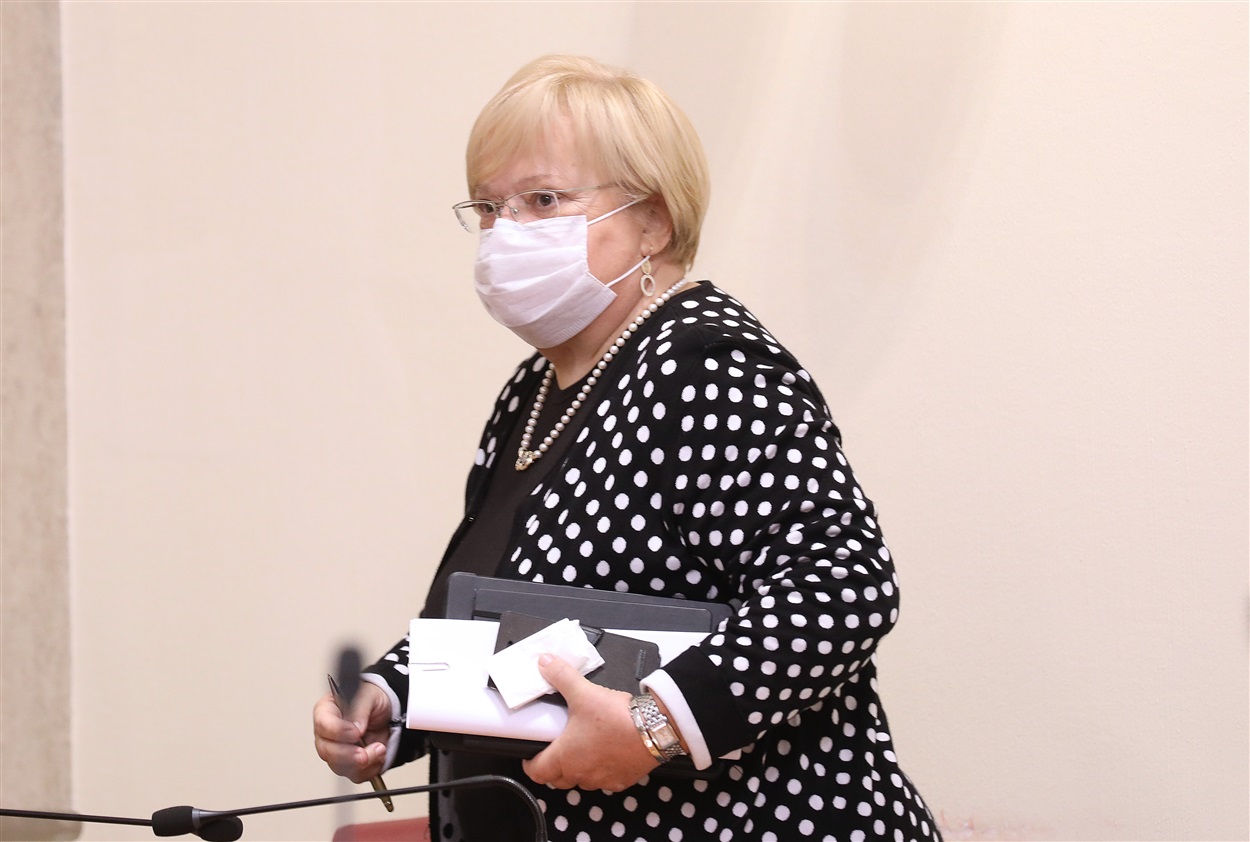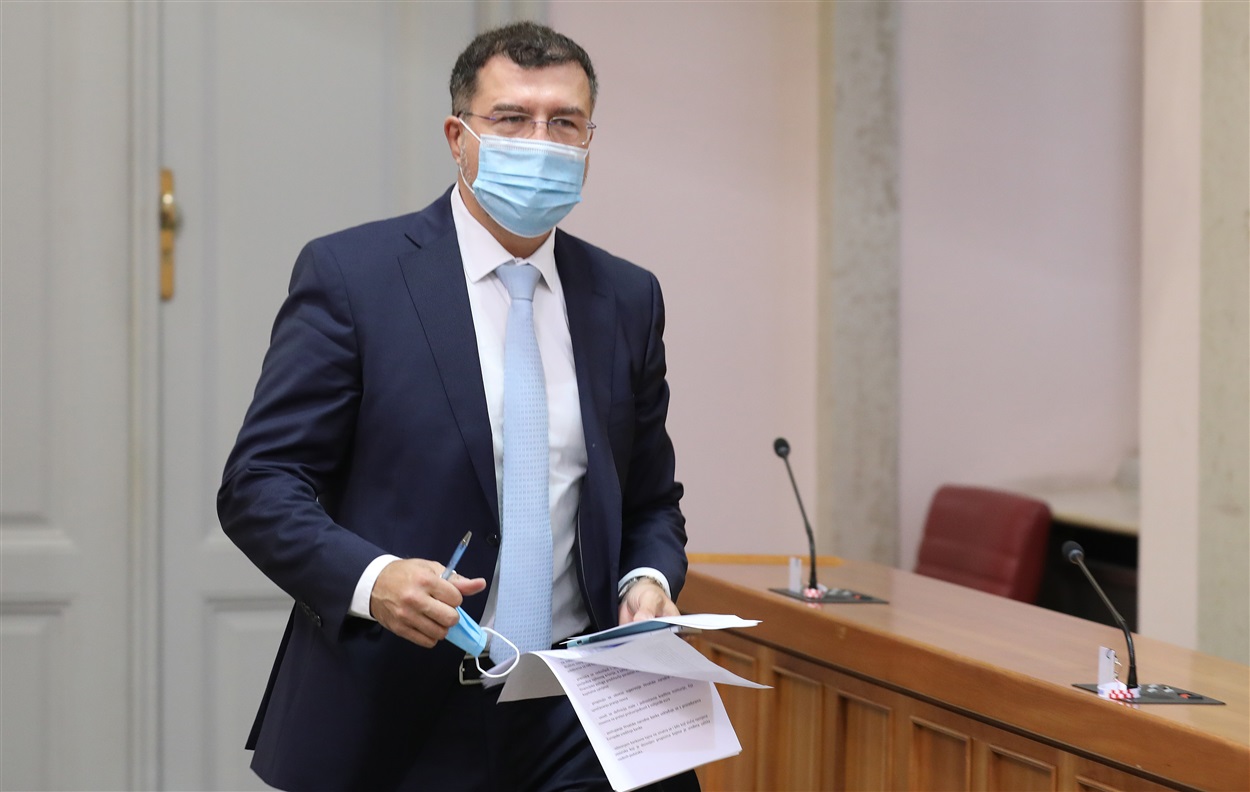
Zagreb - A part of the parliamentary Opposition said on Wednesday that the government-sponsored bill on the rehabilitation of credit institutions and investment companies made life easier for Croatian citizens and should therefore be supported.
The bill makes life easier for Croatian citizens, it offers security for savings deposits and stability of the financial system, Anka Mrak Taritaš of the Women's Group said, agreeing with the position of Social Democrat MP Boris Lalovac.
Lalovac said that deposit insurance mechanisms benefited citizens, that by 2008 deposits had been insured up to HRK 100,000, and that the limit was raised to HRK 750,000 when Croatia joined the single European market, while the deadline for the payment of compensation in the event of bank collapse was reduced to seven days.
For the sake of the 12 of us debating in the parliament chamber, it needs to be said that the compensation to be paid equals the insured amount, the rest cannot be saved, Deputy Parliament Speaker Miroslav Škoro of the Homeland Movement said.
Domagoj Ivan Milošević of the HDZ said it was important that after the 2008 crisis the cost of bank rehabilitation was no longer paid by the state and taxpayers.
Katarina Peović of the Workers' Front expressed reservations towards the bill, noting that it was one more step towards renouncing one's own currency and that the central bank and the ruling majority were implementing changes necessary to enter the euro area without having them democratically legitimised.
Finance Ministry State-Secretary Stjepan Čuraj said that the proposed changes continued the reform of the EU's banking sector, strengthened banks' ability to withstand financial shocks, minimised costs for taxpayers in cases of problems with the banking system, and established a single financial fund to be filled with payments from credit institutions rather than citizens.
The bill includes regulations on the division of powers related to the rehabilitation of credit institutions and investment companies.
As Croatia is joining a single rehabilitation mechanism, the Croatian National Bank (HNB) would be the rehabilitation authority for credit institutions, the HANFA financial services supervisory agency would take over the powers of the rehabilitation authority for investment companies, and the DAB agency for savings insurance and bank rehabilitation would be in charge of the national rehabilitation fund, manage the deposit insurance fund and have powers to implement bankruptcy proceedings and liquidate banks.
